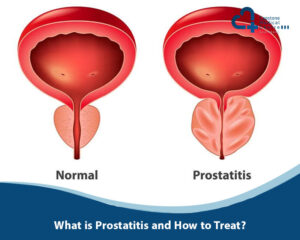
What is Prostatitis and How to Treat?
Prostatitis, a condition that has significant implications for men’s health,


MD, FRACGP, FACAM
Advance Diploma in General Dermatology
Diploma of Cosmetic Medicine
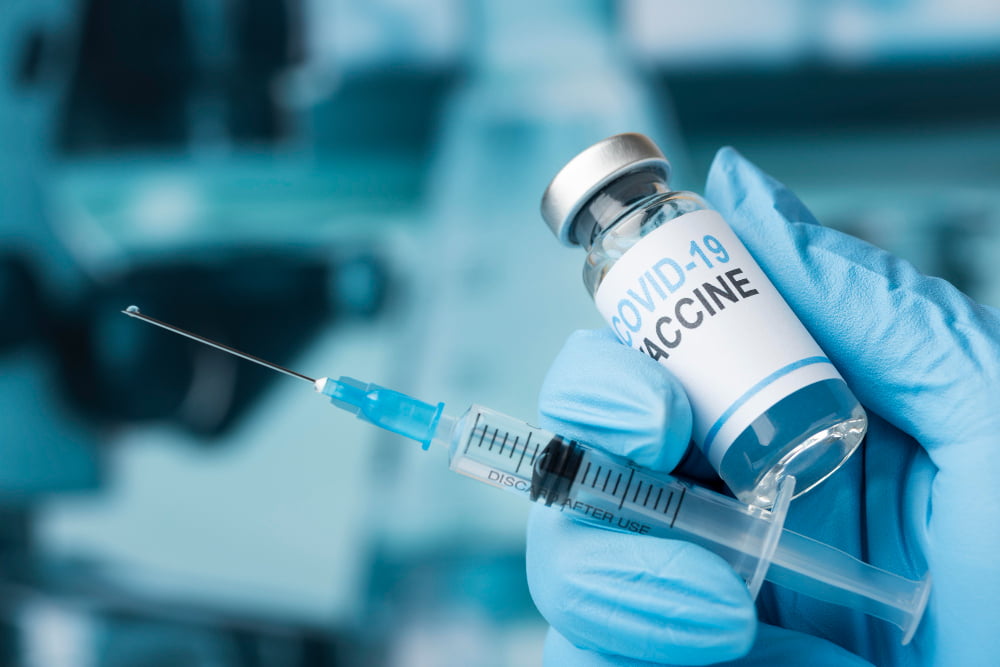
A comprehensive analysis was conducted based on data from a long-running study involving nurses to investigate the relationship between healthy lifestyle factors and the development of Long COVID. In 2017, the nurses’ general health information was recorded, including factors such as sleep duration of more than eight hours per night, non-smoking status, engaging in vigorous physical exercise weekly, and moderate to no alcohol consumption. Among the nearly 2000 individuals who were infected with COVID-19, the researchers examined which individuals went on to develop Long COVID.
The study revealed a noteworthy and dose-dependent correlation between healthy lifestyle factors and a reduced risk of COVID-19. In fact, individuals with five or six healthy lifestyle factors were found to be half as likely to develop Long COVID compared to those with none. The study’s findings indicated that the more “healthy” an individual was, as measured by these factors, the lower their risk of Long COVID became.
While it is not possible to retroactively adopt a healthy lifestyle to prevent Long COVID, this study can assist in identifying individuals who may be at higher risk of experiencing long-term symptoms. It emphasizes the significance of regular exercise, a nutritious diet, and sufficient sleep.
According to the Australian Department of Health, the following factors increase the likelihood of developing Long COVID:
Being unvaccinated
Having experienced severe COVID-19, including hospitalization or intensive care
Having pre-existing conditions or diseases such as high blood pressure, chronic lung disease, diabetes, and obesity prior to contracting COVID-19.
The recovery period and symptom progression can vary for each individual dealing with Long COVID. While most individuals tend to recover within 3 to 4 months, it’s important to acknowledge that some may experience symptoms that persist for a longer duration.
Unfortunately, due to the relatively recent emergence of Long COVID, doctors have limited resources and tools at their disposal to effectively manage and treat patients with this condition. Given the extensive range of over 200 reported symptoms associated with Long COVID, a standardized one-size-fits-all treatment plan is not sufficient.
To address this challenge, researchers worldwide are actively engaged in developing evidence-based guidelines to assist healthcare professionals in providing effective care for patients with Long COVID. These efforts also involve conducting trials to explore personalized care pathways tailored to the specific symptoms experienced by each individual. The goal is to enhance the care and management of individuals affected by Long COVID by considering their unique needs and circumstances.
In the interim, General Practitioners (GPs) can continue to inquire about patients’ symptoms and assess their impact on the patient’s daily life. GPs may recommend certain tests to identify potential causes of the symptoms and rule out other conditions.
The Australian Department of Health provides additional advice for GPs to offer their patients, including:
Monitoring and managing symptoms at home, which can involve maintaining a symptom diary to track any changes or developments.
Identifying symptoms that may require medical attention, particularly if they are new, worsening, or potentially related to respiratory or cardiac issues. GPs can guide patients on where to seek appropriate care for such symptoms.
Informing patients about what to expect in the weeks and months following a COVID-19 infection, including the potential timeline for recovery and any possible lingering effects.
Providing support and guidance for lifestyle interventions, such as nutrition, physical activity, and counselling, which can play a role in managing symptoms and promoting overall well-being.
By offering these recommendations and support, GPs can assist patients in managing their symptoms and navigating the recovery process after COVID-19.

Prostatitis, a condition that has significant implications for men’s health,
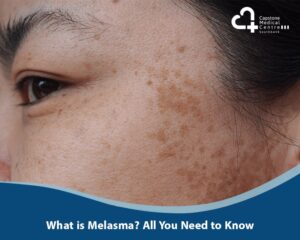
Ever looked in the mirror and noticed patchy brown or

Ever feel like your skin is begging for moisture? That
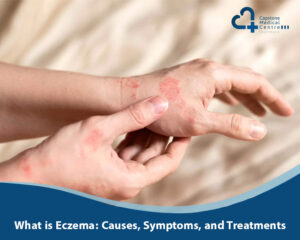
Do you ever find yourself relentlessly scratching your skin, battling
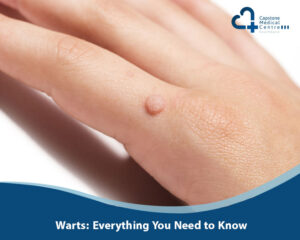
Have you noticed a rough bump on your hand or
Monday – Wednesday
Thursday – Friday
Saturday
Sunday
Public holidays
9 am to 5:30 pm
8:30 am to 6:30 pm
10.00 am to 3.00 pm
closed
closed
© 2020 All rights reserved.
